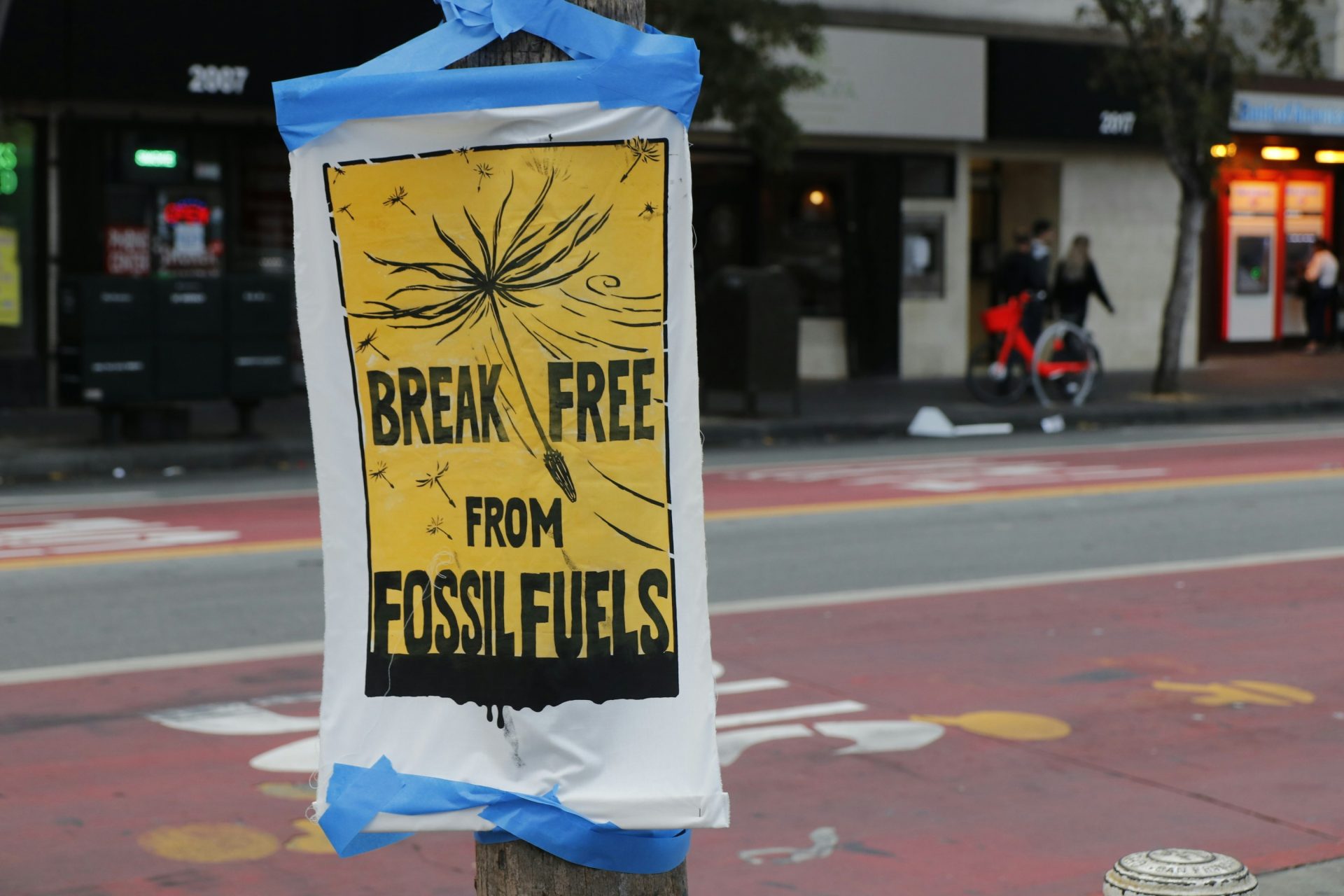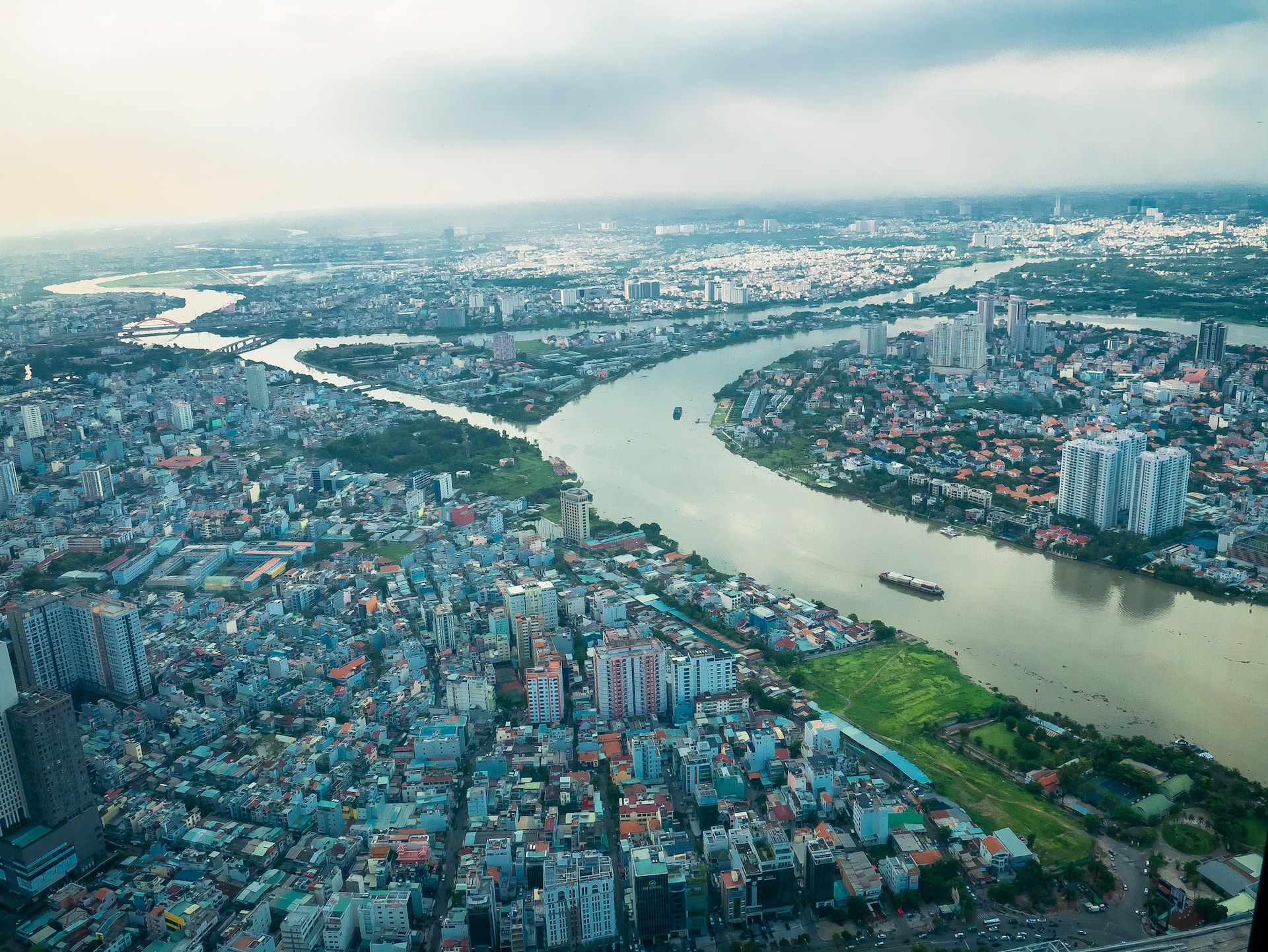The Olympian’s Tasks
Sports, especially the Olympics, have an amazing power to inspire people. This historic sporting event can promote world peace, and bring people together from across the world at a scale no event can.
What is also heartening is the fact that even athletes from countries with less-than-optimal relations with one another, have an opportunity to participate in an atmosphere of healthy camaraderie. They are unaffected by the strains of what their respective governments’ opposing views might be.
With each event, there are added efforts to foster a spirit of inclusivity that goes beyond gender, ethnicity or physical disabilities. In that sense, the Olympics epitomize collaboration and unity. More importantly, it signals an economy’s commitment to trade liberalization. They have been known to increase trade inflows substantially, to the host country.
The Tokyo Olympics
Just as final preparations were underway for the 2020 Japan Olympics, the pandemic struck. With case counts registering sharp increases, the event was deferred by a year. Despite the virus’ mutations, and the onslaught of new waves, the event concluded as a grand success in August 2021. What hope do the games give us for peace and for future prosperity? Will the Olympics enhance COVID-19 management, by way of a global perspective?
Horasis is organizing the Horasis Asia Meeting on 26 November 2021 to continue the spirit of collaboration and unity. The one-day virtual event will see participation from a diverse range of people, spanning members of governments, businesses, academics, and the media. The goal is to deliberate on pressing issues that have undermined progress and arrive at actionable solutions that can ensure shared prosperity.
The Trade Implications
Hosting the Olympics is much like an initial step towards participation in global multilateral organizations. In 1955, Italy made the winning bid for the 1960 Summer Olympics in Rome. Following the event, Italy became a part of the United Nations. Not too long after, the European Economic Community (EEC) was formed. A key philosophy it popularized was supranationalism; it encouraged the coming together of regional governments.
A few years later, a similar chain of events played out in Mexico after it hosted the 1968 Summer Olympics. Likewise, following China’s hosting of the 2008 Summer Olympics in Beijing, it negotiated with the World Trade Organization. This marked the rapid opening up of trade for the country.
A 2011 study published in The Economic Journal said, “The Olympic effect is robust; hosting the games tends to increase a country’s openness substantively and permanently.”
Boost to Tourism Inflows
Besides the infrastructure built for the track and field events, the host country also prepares for a sharp increase in visitors. In several cities worldwide, hosting the Olympics has seen their fortunes turn around.
The 1984 Summer Olympics held in Los Angeles, US, earned the economy a surplus – meaning the expenses incurred in preparing the city for the games, was far outpaced by visitor spending. Revenues earned from broadcasting fees also amounted to substantial figures.
In Brazil’s case, the 2016 Rio Olympics led to a record number of new visitors to the country; numbering 6.6 billion people. It marked a 4.8 percent increase from 2015 levels. Their total spending amounted to $6.2 billion. Similarly, when the Spanish city of Barcelona hosted the 1992 Olympics, it was said to have turned around the city – from being an industrial backwater to one of the most sought out travel destinations in the world.
Focus on Basic Human Attributes
The Olympics present significant potential in providing a fillip to the host country’s economy. It also brings people together, it encourages them to prove their mettle amid healthy competition, and it underscores the spirit of collaboration. Amid a world deeply affected by COVID-19, this collaborative spirit is one of the major factors that can lead to quicker recoveries.
Olympians are also looked up to as national heroes. They hold potential to positively influence their country’s citizens, for example, in protocols or frameworks that contain the pandemic, or prompt vaccine sceptics to think otherwise.
If one examines more closely, sports are a major binding force. In children and young adults, it brings about team spirit. In adults, sports are a great way to find common ground in both personal and professional lives. Several not-for-profit organizations also use sport as a way to bring communities together, or to help disoriented youth find purpose in life.
It is humans ultimately who are at the helm of multinational corporations or governments. The love for sports, or any such team activity, is shared by them too. It is perhaps only logical then to appeal to leaders to come together, and to leverage such events that foster cooperation and collaboration.
And the Horasis Asia Meeting on 26 November 2021 is one step in that direction.
Photo Caption: The Olympics provide a ray of hope in a world fraught with disunity.



